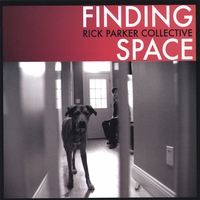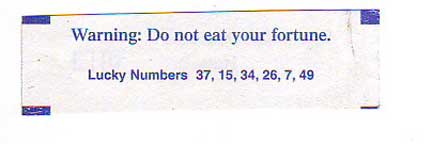Digital rights in question as business model – Yahoo! News
…the major record labels by and large insist their music must have some sort of DRM protection before they’ll license it for digital distribution. Increasingly, the wisdom of this stance is coming under scrutiny.
Finally, people are starting to realize this.
DRM, they say, simply forces consumers to buy hardware with proprietary technology that enriches software companies rather than artists or labels.
The conversation has heated up now that Microsoft is preparing to enter the race with another closed system as part of its Zune strategy. Once Zune is launched, there will be two large, deep-pocketed digital services offering music that is not only incompatible with each other, but also with the many other digital music devices and services already in existence.
“That doesn’t sound like a very exciting future to me,” Packman said during a recent panel appearance at the Digital Music Forum West conference in Los Angeles. “There’s no way you can say with a straight face that that’s something consumers want. This has to get solved for the industry to grow.”
Shouldn’t we as consumers insist that the companies we do business with give us what we want?
“The notion that a track I buy in DRM is protected and one without DRM isn’t is a fallacy,” Goldberg says. “It’s all nonsense. Music is never going to be protected, and anybody who tells you that is not being honest. Yes, you can put up speed bumps, but the people who really want to steal music are going to steal it. So you’re just making it hard for people who want to do the right thing to get the music they legitimately purchased on the devices and services that they want.”
As a wise friend of mine says, “if you can get it to come out of speakers, you can copy it.”





